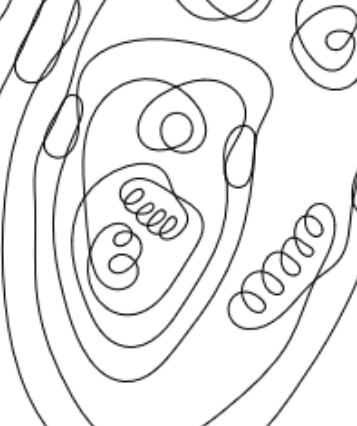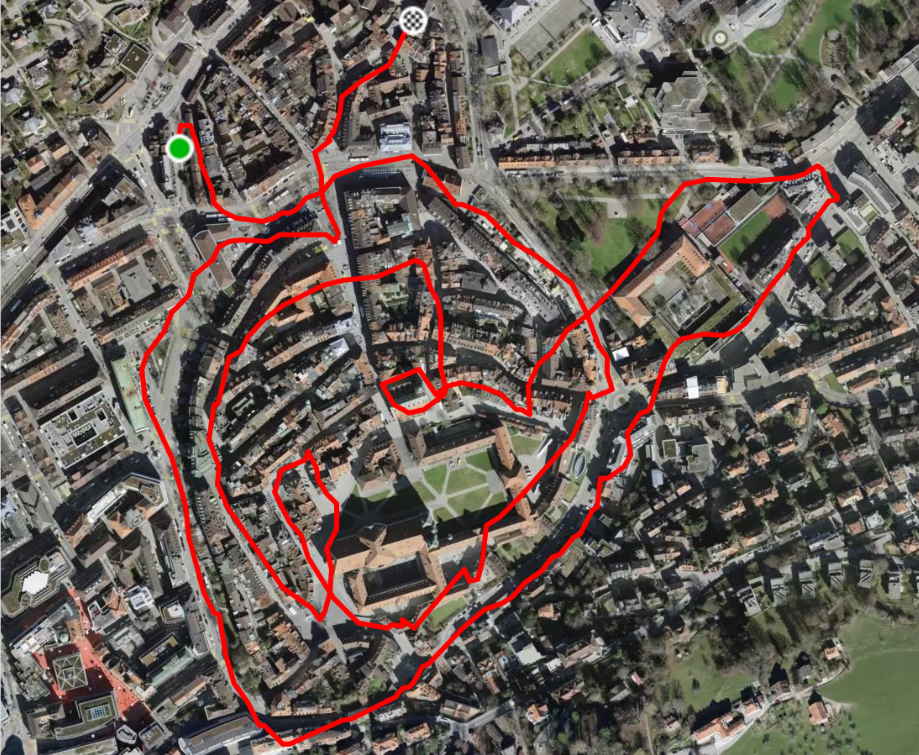I am published in the prestigious SIGBOVIK! You can go and read my paper Getting Up and Running the λ-Calculus on page 23 of the 2024 proceedings [pdf] or you can read it directly on my website [pdf] (without downloading the whole 482-page proceedings) where I may update it to fix typos. The last paragraph of this blog post is the abstract of the paper.
What is SIGBOVIK? In their own words, SIGBOVIK publishes academic work in
the three neglected quadrants of research: joke realizations of joke ideas, joke realizations of serious ideas, and serious realizations of joke ideas.
The paper is relatively long but it's jam-packed with goodies that I'm quite proud of. You will find:
- A new one-of-a-kind programming language being proposed (by the author(s), i.e. me),
- 1970s minimal jazz music recommendation (seriously),
- A poem about a programming technique, not too dissimilar from my first poem published on this blog: Upon Reading a Friend's Message about the Awesomeness of the Kosaraju Algorithm,
- The short C11 compiler source code for the language I proposed (just 147 lines long!),
- Citations and comments stemming from a historical investigations of some things: is zero a natural number? Who really said "There are only two hard things in Computer Science: cache invalidation and naming things"? And when?
- (Useless) commutative diagrams,
- A meaningful diagram with this abstract angry man hidden inside it:

- An evaluation section where I put my programming language to the test, resulting in this:

Abstract (Spoiler Alert)
Programmers, developers, and coders suffer from a myriad of issues pertaining to their health.
These can vary from eye redness to repetitive strain injuries and a diminished life expectancy.
A common exercise that software practicioners can engage in to reduce these health averse conditions is to be in the outdoors and to move&em;bymeans of walking or running&em;longer.
Alas, professionals are hesitant to pursue their physical and mental well-being as that sacrifices productivity and programming-driven joy.
In this paper, we address this problem through the lens of programming languages and provide a solution that greases the friction between outdoor activities and programming.
Through the insight that humans leave a trace while moving and the observation that apparatuses to record such traces are ubiquitous, we formalize an encoding of the λ-calculus in those traces.
We develop an alternative front-end to Church's language which we call Poololoop and we provide a reference compiler that produces Haskell and Scheme code.
We evaluate Poololoop on two use-cases that we ran and show that the compilation runs in a few milliseconds.
Happy Reading and Godspeed!